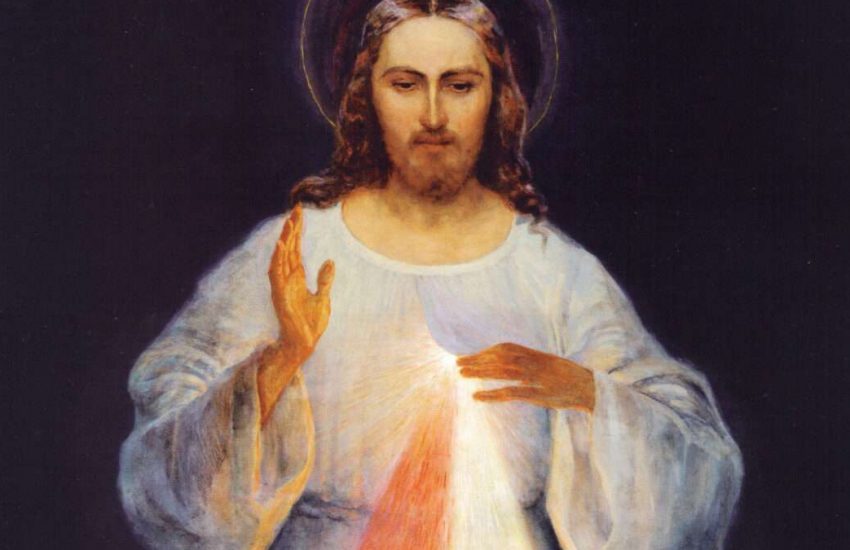LENT 2024: What you need to know
Lent is the penitential season of the year preceding Easter that begins on Ash Wednesday. It is modeled on the 40 days Jesus spent fasting in the wilderness before beginning his public ministry (see Mt 4:1-11).
This year, Ash Wednesday falls on Feb. 14 (Valentine’s Day). Ash Wednesday is not a holy day of obligation (meaning you are not obliged to attend Mass), but it is a long-standing tradition to begin our observance of Lent by having blessed ashes imposed on our heads as a sign of penance.
Ashes are a reminder of our mortality and have been used as a sign of penance since ancient times. The ashes imposed on Ash Wednesday are usually made by burning the palm fronds from last year’s Palm Sunday celebration.
Ash Wednesday is a day of fasting and abstinence from meat (see more information on fasting regulations below).
We will have various opportunities for you to receive blessed ashes as part of our Ash Wednesday schedule.
ON CAMPUS
- 1:00 PM: Mass with imposition of ashes
- 3-5:00 PM: Ashes will be imposed on the UC Lawn in short liturgies approximately every 20 minutes
- 6:00 PM: Meatless Dinner
- 7:00 PM: Program: What is Ash Wednesday?
- 7:30 PM: Liturgy of the Word with imposition of ashes
- 8:00 PM: Holy Hour of Adoration & Evening Prayer
AT ST. MARY’S
- 7:30 AM: Liturgy of the Word with imposition of ashes
- 11:15 AM: Mass (English) with imposition of ashes
- 3:00 PM: Liturgy of the Word with imposition of ashes
- 5:30 PM: Confession
- 6:30 PM: Mass (Spanish) with imposition of ashes
A Penitential Season
Penance comes from the same root word as repent or repentance. A penance is something that we do to help us to repent, or turn back toward God. Christians are called to penance at all times during the year, but during the season of Lent we undertake penance in a more intentional and communal way.
The modern practice of keeping Lent as a season of penance grew from the practice of catechumens (those coming into the Church) to observe a time of penance before their baptism at Easter. In time the entire Church took up the practice of having a season of penance to help us stay mindful of our baptismal promises and commitment to God.
The three traditional forms of penance practiced during Lent are prayer, fasting, and almsgiving.
Prayer
Prayer is defined in the Catechism as the raising of your mind and heart to God (CCC 2559). There are many forms prayer can take, and the Church does not require any specific form of prayer during Lent. Whatever your current prayer practice may be, it’s a good idea to try to undertake some additional form of prayer for the Lenten season.
One traditional Lenten devotion is to pray the Stations of the Cross, which is a meditation on the events leading up to the Crucifixion. We have Stations of the Cross displayed on the walls of our chapel, as well as an outdoor Stations of the Cross trail set up at CCM. We will be praying the Stations of the Cross every Friday during Lent at 11:00 AM (before our 12:15 Friday Mass). You can also pray the Stations of the Cross any time on your own as a private meditation.
Fasting
Fasting is a means of self denial. Literally, it refers to going without food for a period of time. The norm of fasting in the Catholic Church is to limit yourself to one meal per day, but this does not preclude taking additional food if necessary to preserve your strength, provided that it does not equal a second meal (see Pope Paul VI’s 1966 Apostolic Constitution Paenitemini, section 3). Catholics between the ages of 18 and 59 are required to fast on Ash Wednesday and Good Friday. Those with health concerns are not bound by the law of fasting.
In addition, the Church has established Ash Wednesday and every Friday during Lent as days of abstinence. In this case, “abstinence” means abstaining from flesh meat. Fish is permitted, as are soups, broths and sauces made from meat stock. Catholics over the age of 14 are required to observe these communal days of abstinence.
Beyond the basic required days of fasting and abstinence which all Catholic observe together, the Church encourages Catholics to enter into a spirit of fasting throughout the Lenten season. This could be as strict as fasting on all weekdays of Lent (limiting oneself to one meal per day as on Ash Wednesday and Good Friday) or something more mild, like giving up only certain types of food such as dessert or meat. The choice is up to the individual.
You can also practice self-denial by giving up or limiting other creature comforts, such as television, video games, social media, hot showers, or setting your alarm to wake up extra early to pray.
Almsgiving
Almsgiving literally means giving money to the poor, but can be thought of in broad terms as any sort of charitable work. The Church does not require any specific form of almsgiving during Lent, but does ask us to be mindful of the needs of the poor and vulnerable in a more intentional way during this season.
One way to work for the good of others is to volunteer with a local charity, such as The Community Table in Sylva. Our ministry volunteers every Tuesday at The Community Table from 4:00-5:30 PM to help serve dinner to those in need. Meet at CCM by 3:30 if you’d like to join us.
Make a Return to God
Taken together, the Lenten penances of prayer, fasting and almsgiving are meant to help us think less of ourselves and our own comforts and re-focus our lives on the love of God and love of neighbor. Prayer directs our focus to God. Fasting helps us learn to deny our own selfish desires. Almsgiving teaches us to work for the good of others. In this way the penance of Lent helps us to put into practice the two great commandments to love God and neighbor (see Mt 22:37-40).



